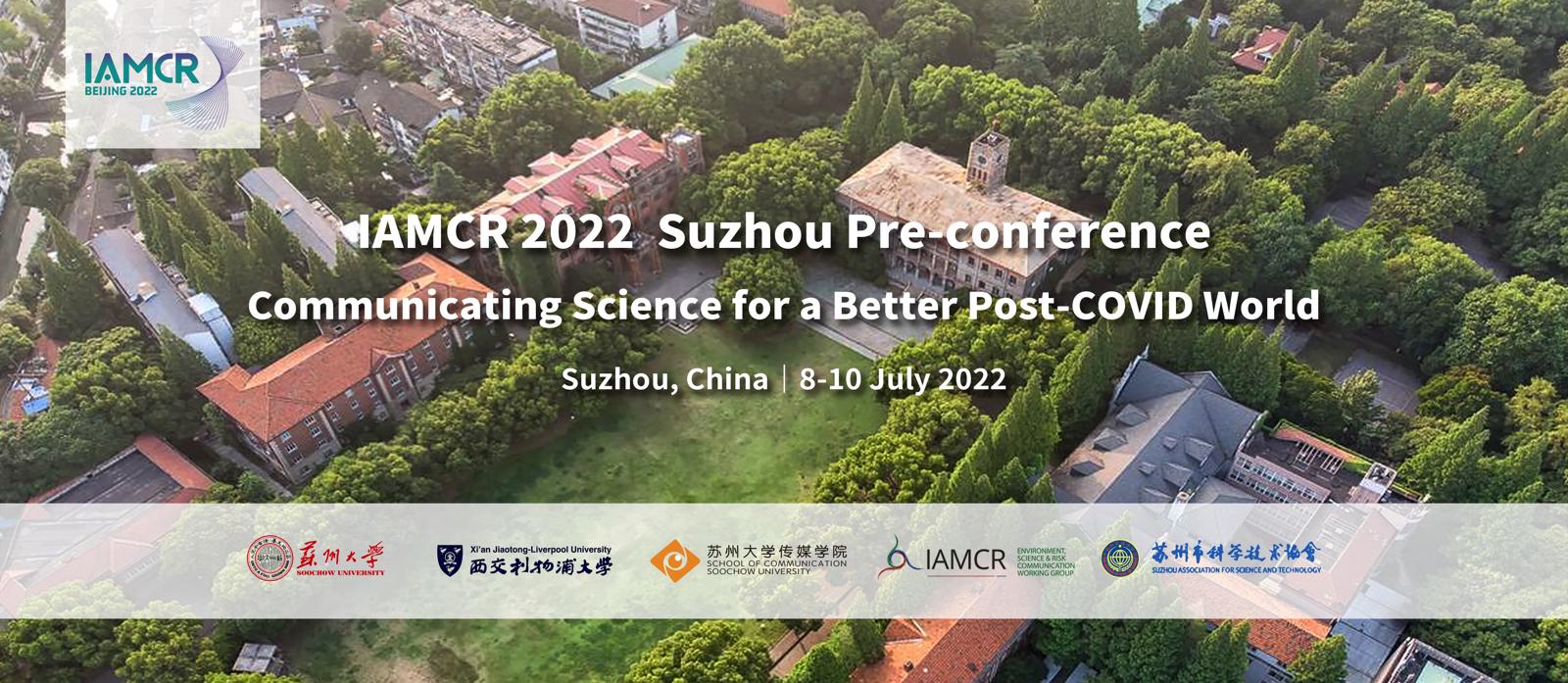Science and Technology Daily: Digital Technology can Help Scientists Get Rid of Organizational Dependence
Digital Technology can Help Scientists Get Rid of Organizational Dependence
——Forum on Public Scientific Quality and Public Health Crisis Response Held
Source: Science and Technology Daily Release date: December 8, 2020 Author: Shuang Cui
Original link:
http://www.stdaily.com/index/kejixinwen/2020-12/08/content_1058379.shtml
Scientific quality is of great significance to help mankind cope with the major public health crisis, including COVID-19. At the special forum "public scientific quality and public health crisis response" of the 2020 World Conference on the promotion of public scientific quality held on December 6, a survey conducted jointly by Soochow University and China Institute of popular science on the popular science performance of Chinese scientists in the epidemic found that the more Chinese scientists think they have received enough popular science training, Their willingness to engage in popular science activities related to novel coronavirus (including public activities such as writing popular science articles and more private activities such as error correction in wechat circle of friends) will weaken.
This unexpected result comes from a study conducted when the epidemic was severe in mid February. Hepeng Jia, a professor at Soochow University and one of the authors of the research paper, believes that this may be related to the highly organized science popularization system in China. "The more Chinese scientists who have received popular science training, the more they often rely on organized popular science. When the epidemic is high, everyone stays at home and can't talk about organization at all, so the less they will take the initiative to carry out new popular science." Hepeng Jia said.
He believes that although Chinese scientists may not be able to get rid of their dependence on organizations for a long time, it is obvious that a considerable number of scientists, especially through the use of digital technology, have been separated from their dependence on organizations to a great extent.
At the same time, Hepeng Jia admitted that the results of this study are likely to be unable to be replicated in conventional science popularization scenarios. He also pointed out that for a long time, there has been a lack of empirical research in the field of science popularization in China with an independent perspective and in-depth science popularization process, "The long-term research on science and health communication from the West focuses more on individual behavior, and establishes a complete set of theoretical system based on how individual attitude is transformed into behavior. The variables that reflect the characteristics of Oriental culture and some characteristics of Chinese system, such as patriotism, filial piety in traditional culture or collective identity, are more important than It is difficult to enter the theoretical vision of health communication. Strengthening such research is of great benefit to improving the effect of China's science popularization work and improving the scientific quality of the Chinese public. "
The forum is hosted by the China Association for science and technology, hosted by Soochow University and co organized by the school of language and communication of Beijing Jiaotong University. Nearly 50 scholars and students from science communication, health communication and other fields at home and abroad attended the special forum on "public scientific quality and public health crisis response". The forum also conducted a global live broadcast through nutshell, Netease, microblog and other platforms.
Important Dates
April 15, 2022
May 1, 2022
July 8-10, 2022

 京公网安备 11010802039275号
京公网安备 11010802039275号